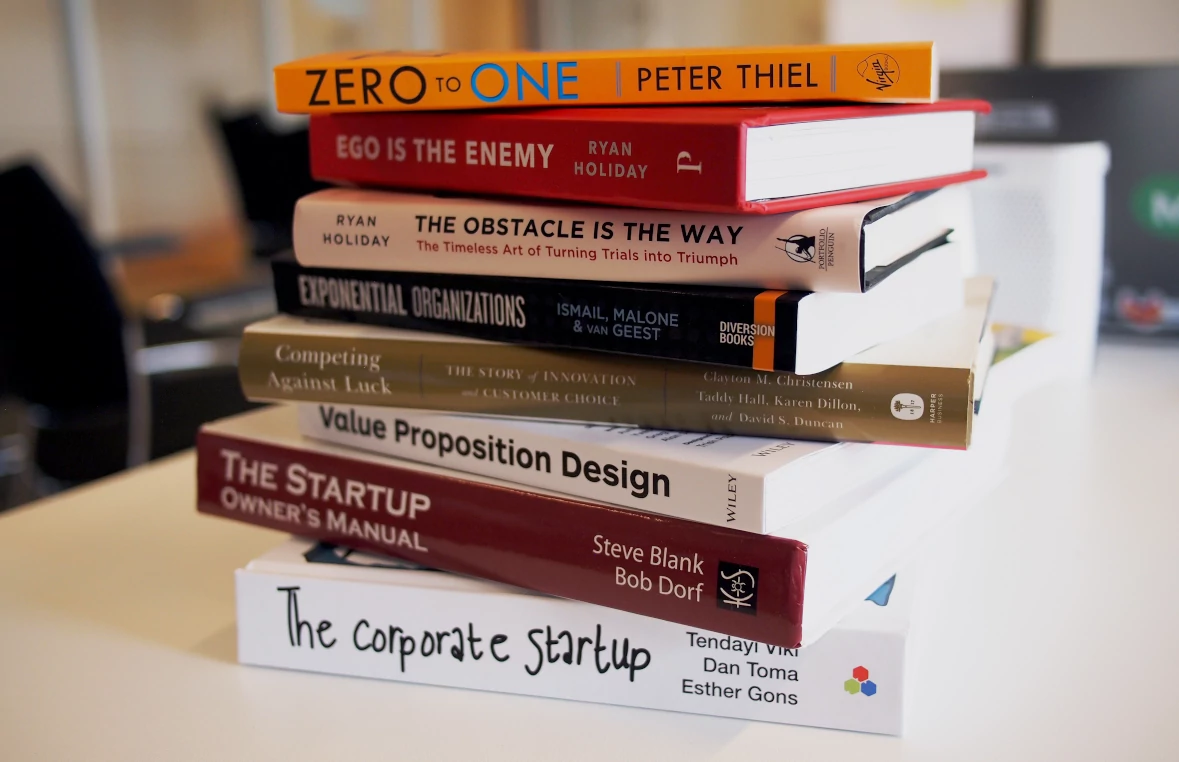
Socialist economic policies are the answer to the current crises
The cheerleaders of neoliberal policy are rising like zombies after the current collection of economic, health, climate, and political crises seemed to bury them for a while. It is not going to be enough for the left to defend the current economic wreck, we must advocate to build something better just to keep what we have. Socialists have the social and economic policy programs to deal directly with these challenges we face. It is time to dust them off and fight for them with abandon.










